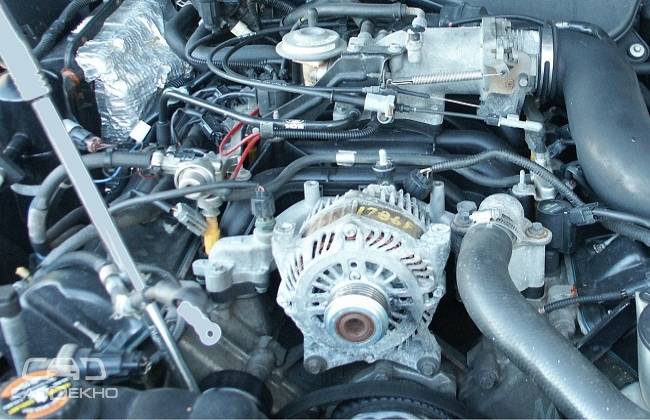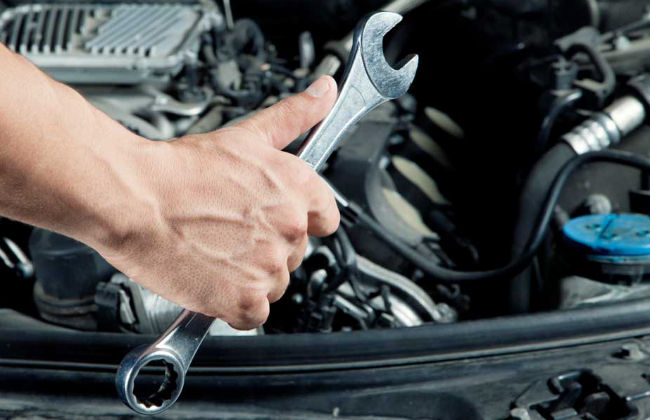What is car alternator?
Modified On Mar 27, 2015 11:13 AM By Abhijeet
- 2.7K Views
- Write a comment
Your car’s alternator is the component responsible for charging the battery, which also acts as the source of electricity while the engine is running. If this vital system stops working, the car’s battery will soon drain all its charge and you end up with a ‘dead battery’. Try anything, cranking the engine, pushing the car in gear to start it, but nothing can be done without an external source if the battery is dead. A car’s engine needs constant flow of electricity to function, the ECU, spark plugs, infotainment, and electric power steering, everything vital needs electricity to function.

What is it made of?
Essentially alternator is a generator that that produces AC (Alternating Current) and converts it into DC (Direct Current) for immediate use by the engine. Inside it there is a rotor and a stator. Rotor is a spinning mesh of electrical winding that rotates, hence the title ‘rotor’, and similarly the stator stays static in place. Both these components are contained inside aluminium housing, as aluminium is non-magnetic and lightweight, but is strong and dissipates heat.

Alternator issues
A number of problems might occur to the alternator and it might stop charging the battery. If one out of the three windings fail to function, the alternator would continue charging the battery but down to its 2/3rd capacity. This means you might not even know that the alternator is malfunctioning now and needs replacement. The symptoms will become apparent at night when you start using the headlights and notice that they are dim. Another issue that pops up is the excessive voltage generation by the unit. This would also result in malfunctioning of electrical components thus causing expensive repairs.
Maintenance and care
There are a few precautions you can observe to prevent alternator problems. When you go for a service, ask the technicians to check the alternator drive belt tension as a loose running belt can reduce alternator output and run down the battery. The alternator is engineered to recharge the battery when it gets discharged after working such as engine starting. However, it is not designed for charging heavily discharged or dead batteries. Hence, do not rely on the alternator to charge a heavily discharged battery as it may overload the alternator thus causing damage. To cope with this problem a battery charger can be used instead.

A malfunctioning alternator can cause a discharged battery, poor electrical functioning, frequent bulb replacement, repeat voltage regulator failures, abnormal engine operation, or even the dashboard lighting up like a Christmas tree with blinking warning lights. You should never use your car without the battery, and the battery is charged by the alternator. Hence taking care of this major component is a mandatory issue, or you might end up on the hard-shoulder fetching numbers for road-side assistance. This is a serious component and do not rely on cheap repairs to fix the issue. If a road-side mechanic gives it a jump start and you are on your way, give it a serious thought and take it to an authorised service centre for through examination by the skilled mechanics from the manufacturer. They have specialised equipment to check whether the battery has to be replaced or the alternator has gone kaput.
0 out of 0 found this helpful












